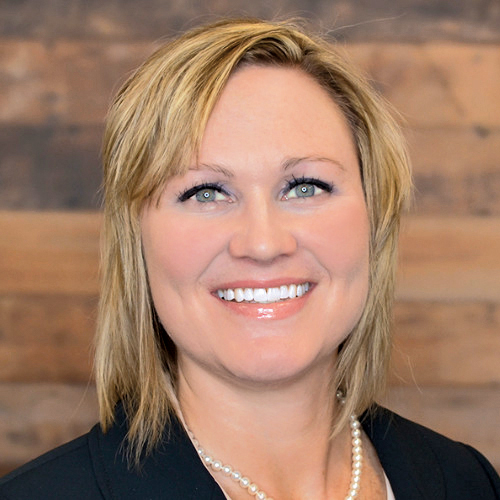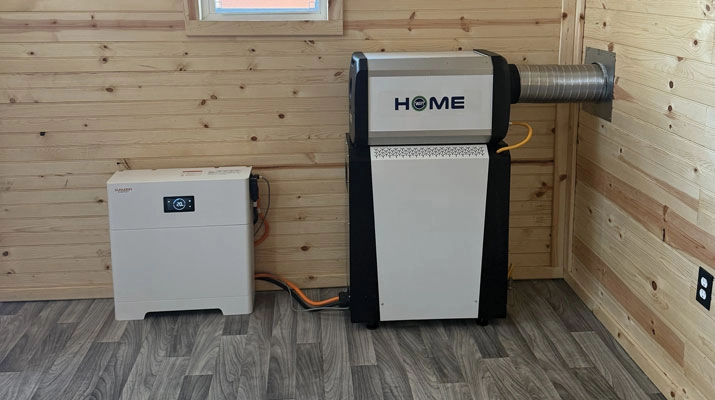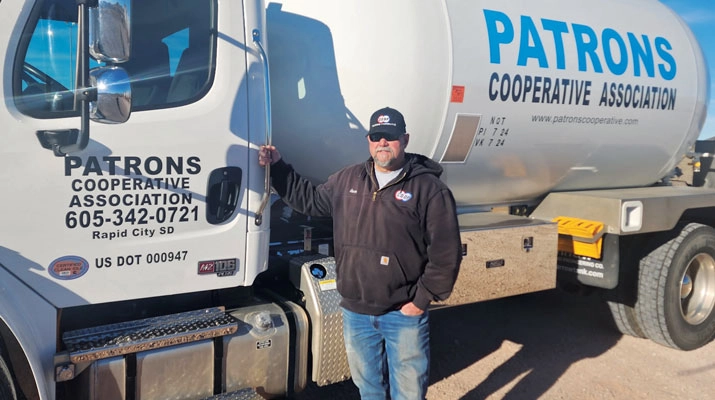Maintaining a culture of trust

One of the foundational aspects of every culture is trust. As leaders, you have a direct influence on the psychological safety of your team. If your employees do not feel psychologically safe, trust is missing from the culture.
What does psychological safety mean?
Psychological safety is when you feel (1) included, (2) safe to learn, (3) safe to contribute and (4) safe to challenge the status quo – all without fear of being embarrassed, marginalized or punished.
Amy Edmondson, an organizational behavior scientist at Harvard University, conducted all the research on and introduced the concept of psychological safety.
In a TED Talk on the subject, Edmondson shared three key ways leaders can foster a psychologically safe environment.
⦁ Frame the work as a learning problem, not an execution problem. The primary outcome of work should be knowing how to do it even better next time. Make everything into an experiment: This means that failure isn’t a problem; it’s an opportunity to learn. Say something like: “We don’t have all the answers to all the problems we’re facing? Finding the answers is going to involve experimentation and trial and error.”
⦁ Acknowledge your own fallibility. You might be an expert, but even you can make mistakes – if you admit when you do, you allow others to do the same. Model the behavior: “I might miss something; I need you to flag things I miss.” Modeling this behavior requires vulnerability. I love this quote from Brene Brown: “Vulnerability is not winning or losing; it’s having the courage to show up and be seen when we have no control over the outcomes. Vulnerability is not weakness; it’s our greatest measure of courage.” In your one-on-ones with employees, challenge yourself to ask your team member the following question: “How can I be better for you?” This question takes real vulnerability because sometimes it’s tough to hear the answer. Think about the power in that simple question. You will receive useful feedback from your team member, and you will show that your team member can ask for feedback.
⦁ Model curiosity and ask lots of questions. When asking questions, you create space for people to speak up. Here are three ways you can model curiosity:
- Always ask open-ended questions that avoid defensiveness.
- Avoid questions that start with “have” and “why” (“Have you …” or “Why did you …”). They infer blame and create defensiveness. When we get defensive, it provokes defensiveness in others. Jim Tamm says when we get defensive, our thinking becomes rigid, and our IQ drops 20 points, and we get dumber. Instead, if you reduce your defensiveness, you increase your ability to solve problems!
- Avoid diagnosing and stay open to learning something new.
- Diagnosis questions are: What happened? What did they say?
- Instead, ask questions like, “How did that affect you? What can you do about that? What’s your next step? What’s getting in your way? What’s working well?”
- In a position of curiosity, you are not trying to get them anywhere. Keep it with the person to solve it for themselves; see them as knowing and having power.
- Sit in silence and keep listening. When leaning into curiosity, you need to sit in the silence between questions. The silence is sometimes the most powerful piece of the conversation because the person you are coaching can think and find the insights for themselves. Listening is critical to modeling curiosity. You are listening to understand, not to diagnose or rescue. Dig in. “Tell me more” is a powerful follow-up question.
Here are six questions to ask your team members to create psychological safety.
⦁ What’s the thing you see me doing that’s helping me best contribute to the team?
⦁ What’s the thing I do that’s distracting from our success?
⦁ What’s the one thing I need to know about you that will improve our working relationship?
⦁ What’s the one thing you need from me that will enable you to be successful?
⦁ What’s one gift, skill, or talent you have that I’ve overlooked, undervalued or underutilized?
⦁ What motivates you and how can we bring more of that to your work?
According to a Harvard Business Review study, people at high-trust companies reported 74 percent less stress, 106 percent more energy at work and 29 percent more satisfaction with their lives! If you remember one thing from this article, remember this: Trust is built through small moments of reliability, accountability and integrity.
Kelly Bosak is the chief people officer at Lettermen’s Energy, where she leads a small but mighty HR team supporting Lettermen’s employees nationwide. Kelly can be contacted at kelly.bosak@lettermensenergy.com or 816-679-1105.
Featured homepage image: patpitchaya/iStock/Getty Images Plus
















